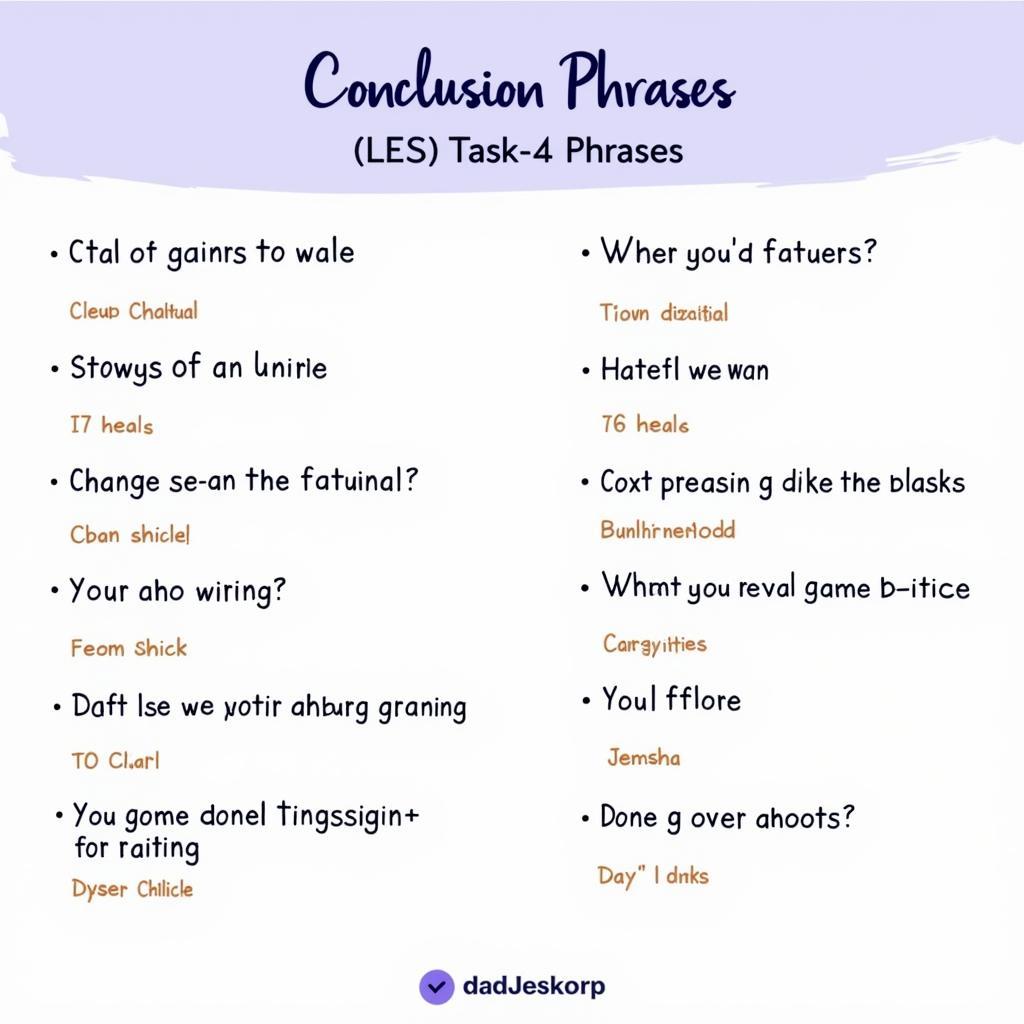Writing a strong conclusion for IELTS Writing Task 2 can significantly impact your overall score. As an experienced IELTS instructor who has helped thousands of students improving confidence through mock tests, I’ll share proven strategies to craft impressive conclusions that examiners love.
Understanding the Purpose of Your Conclusion
The conclusion serves as your essay’s final impression, summarizing key arguments while reinforcing your position. Think of it as the lasting memory you want to leave with your examiner.
Key Elements of an Effective Conclusion
1. Restate Your Position
- Paraphrase your original stance using different vocabulary
- Maintain consistency with your introduction
- Keep it concise yet clear
2. Summarize Main Arguments
Just as how to avoid confusion in summary completion, your conclusion should:
- Briefly recap key points
- Use linking words effectively
- Avoid introducing new ideas
3. Provide Final Thoughts
- Add a relevant recommendation or prediction
- Ensure it flows naturally from your discussion
- Keep it balanced and objective
Common Mistakes to Avoid
- Introducing new arguments
- Simply repeating previous statements
- Writing overly long conclusions
- Using informal language
- Making emotional appeals
Time Management Tips
Similar to how to stay focused during IELTS listening test, managing your time effectively while writing conclusions is crucial:
- Allocate 2-3 minutes for your conclusion
- Practice writing conclusions under timed conditions
- Use simple but effective sentence structures
Expert-Recommended Conclusion Phrases
To Restate Position:
- “In light of the arguments presented…”
- “Based on the above discussion…”
- “Having considered both sides…”
To Summarize:
- “The key points discussed demonstrate…”
- “The evidence clearly shows…”
- “As illustrated by the main arguments…”

Advanced Techniques for Band 8+ Conclusions
Just as using comparatives in writing task 1 requires precision, high-scoring conclusions demand:
- Sophisticated vocabulary choices
- Complex sentence structures
- Clear logical progression
- Natural transition from the body paragraphs
Sample Conclusion Templates
For Discussion Essays:
“Having examined both perspectives on [topic], it is clear that [position]. While [first viewpoint] has merit, [second viewpoint] provides more compelling evidence for [final stance].”
For Problem-Solution Essays:
“In conclusion, although [problem] presents significant challenges, implementing [solutions] would effectively address these issues. The most viable approach would be to [specific recommendation].”
FAQs About IELTS Writing Task 2 Conclusions
Q: How long should my conclusion be?
A: Aim for 40-50 words or 2-3 sentences.
Q: Should I use “In conclusion” to start my final paragraph?
A: While acceptable, consider more sophisticated alternatives like “To conclude” or “Having considered all aspects.”
Q: Can I include my personal opinion in the conclusion?
A: Yes, if it’s relevant and consistent with your essay’s argument.
Remember, mastering conclusions takes practice and patience. Focus on clarity, coherence, and concision while maintaining an academic tone throughout your writing.